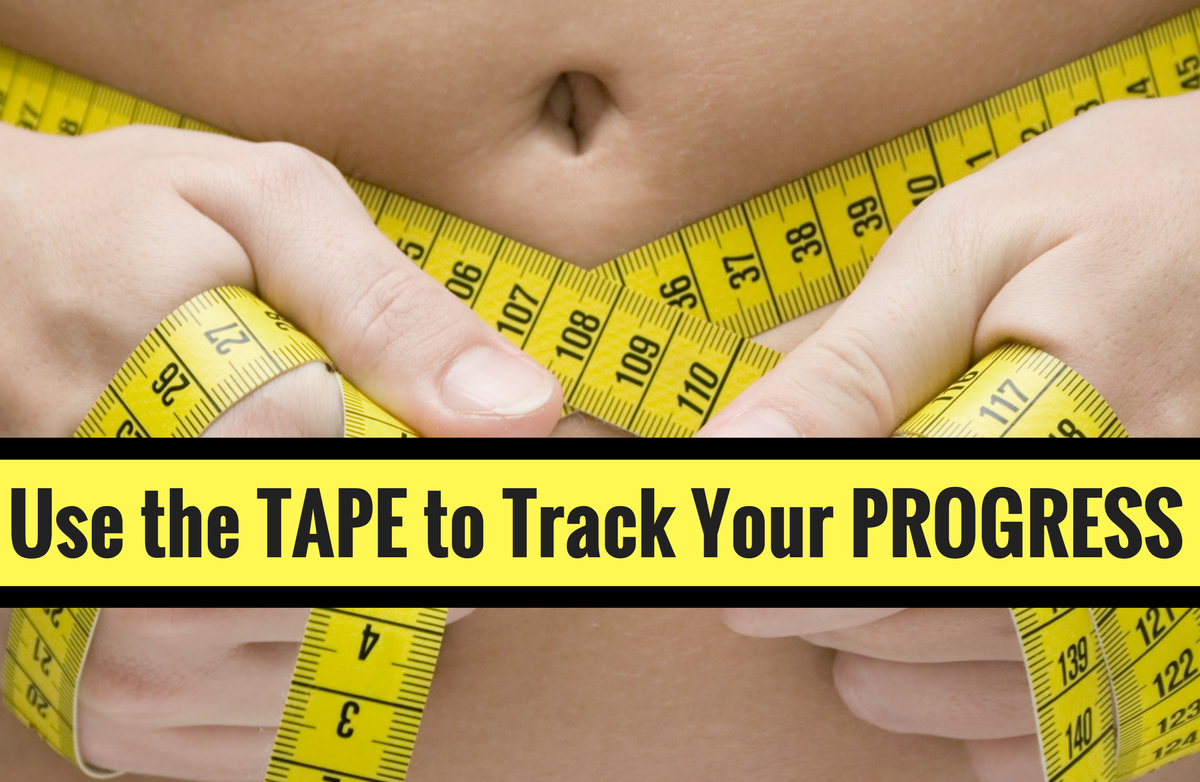|
For nearly two years we have heard about the dangers and potential health risks of plastic bottles due to a chemical known as bisphenol A or BPA. In response to concerns regarding water bottles, baby bottles and plastic storage containers, plastic guides for smart and safe usage began to pop up to help consumers make healthy lifestyle changes to reduce BPA exposure and risk. Now that many of us have made positive changes in plastic use, a new study reveals that over 90 percent of canned foods tested were positive for the detection of BPA. So, now what are you to do? BPA has been used in metal-based food and beverage cans and plastics since the 1960's. While studies find that BPA is present in canned foods and plastics across the U.S. and Canada, awareness has created positive steps of change as well. Canada, Denmark, some U.S. states, and cities have restricted BPA use in baby bottles and the lining of canned baby formula. At the beginning of this year, the U.S. EPA and Department of Health and Human Services began taking a closer look at BPA and safer product alternatives. In March, Canada began restricting the import of baby bottles containing BPA and several European countries have also limited products containing BPA for young children as well. While you will most likely not be able to eliminate BPA exposure entirely, you can take steps to reduce dietary exposure from metal cans. Here are some things to keep in mind as your plan and prepare meals for your family.
|
More From SparkPeople
|















